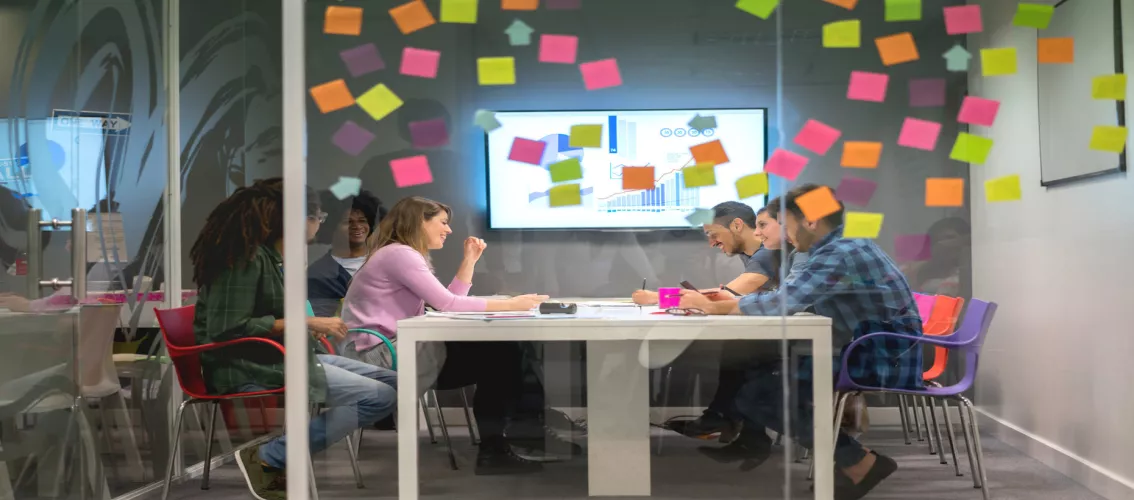User research for IA development

Plain and simple; you should invest some time in user research in order to deliver a solution that meets both business and user needs.
User research is absolutely crucial so as to understand the differing needs of your users; their requirements, behaviours, frustrations and goals, so that you can align these with your business needs to develop a digital solution that will improve your services and deliver on your user needs.
There are a number of user research methods that you can use and the one(s) you choose will depend on your project, your budget and the timeframe you have to work with.
User interviews
User Interviews are one-to-one discussions with users. These can be done face-to-face or over the telephone. They allow you to ask targeted questions. However, it’s important that you remain open to exploring your participants opinions and comments.
These interviews are designed to discover the participants goals, needs, behaviours, motivations, channels, devices and frustrations.
In order to conduct a user interview, you should pre-prepare a set of questions/topics that you would like to cover. However, the interview should remain conversational and you may be taken off script with the user’s response.
In this instance, silence is golden! Don’t try to fill any silences and let the user do the talking.
Benefits of user interviews
- What you think you know about your website, may not be the case. Speaking to your users allows you to gain a true insight into what they actually do on your website, rather than what you think or want them to do
- If nothing has been developed and no ideas have been established for your project, user interviews may present ideas or suggestions that you hadn’t even considered
Focus groups
Focus groups are facilitated sessions with a number of users from your target audience. These are great for providing insight into the needs and attitudes of users.

We suggest using focus group research at a precise moment in your design process; when ideas are developed enough to share, but not too far along that people feel unable to contribute their own ideas and requirements.
Benefits of focus groups
- They are cost effective, saving both money and time, in comparison to individual interviews
- They provide a broader range of information
- Confident and more opinionated participants may encourage quieter, shyer participants to express opinions they may not have otherwise
- The moderator (you) can remain more neutral, and the participants are likely to be more open and expressive, divulging more information than in an interview.
Surveys
Surveys are a remote method of testing, in which you send out a survey to a number of users to be completed in their own time. They’re a good method for helping you understand the shape and size of your market and the needs and motivations of your users.
The main benefit of surveys is that they can be sent out to a large sample of your target audience, meaning that you may get a higher uptake in participation. However, the more people who participate, the more results you will have to analyse, so keep this in mind.
You’re also likely to get more honest feedback, as the people are in their own environment and under no pressure as to what they think they should or shouldn't answer or say. You can also set responses to be anonymous so that people feel more comfortable sharing how they actually feel.
User testing
User Testing can be performed at any stage in the development of your project, from IA, wireframes to a full working prototype.
It’s a technique used in a user-centric design process to evaluate your project, product and IA. It involves task based one-to-one sessions with real life users of your website,
The main benefit of user testing is that not only do you get direct feedback from your users, you also get to observe how they navigate your website and this helps identify any usability issues with the IA, terminology and content.
However, there are also some disadvantages to usability testing:
- When testing one-to-one, users may tell you what they think you want to hear, rather than doing and saying how they would naturally behave with your website
- It’s a costly process and despite the fact that it’s worth it, you may not have the budget or the time to allow for this
- Recruiting the right people who match your target audience can be a time-consuming process
You should undertake the following steps when conducting user testing;
- Plan your test
- Write a script to moderate your test
- Facilitate the test session
- Produce a report on the results
Take a look at our discovery and UX services to see where we can help.


